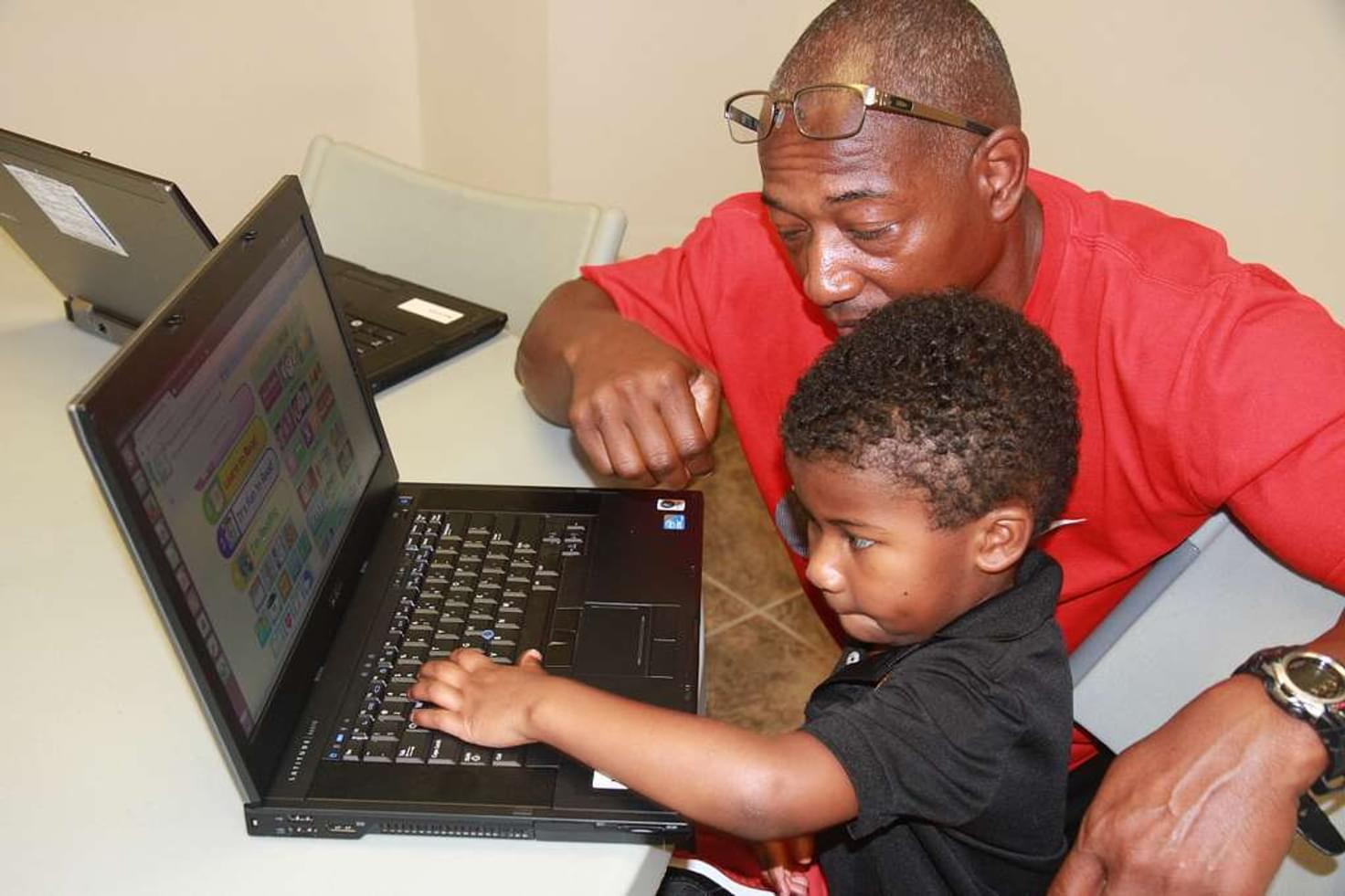
Words by Tess Becker
The digital divide is something that has come into focus recently. As we become more reliant on technology, those who can’t afford them are left by the wayside. This became apparent in the midst of Covid-related lockdowns, where students were forced to do schooling virtually and a lot of work shifted remotely.
There are stories of students going to fast food restaurants just to have access to wifi, and others completing essays on their phones. Some people wanted to make a difference, and in came Closing the Divide.
Closing the Divide is a youth-led organization tackling the digital divide in the US and globally by creating a donation network to help low-income families get their hands on the devices they need. It also helps people address a lack of software and digital literacy, so they know better how to use the technology in front of them.
The organization started in 2021 and has quickly expanded around the globe with at least one branch on five continents. Beyond a few exceptions, everyone in the organization is under 18.
“Being a high school-led nonprofit is very interesting and also, to an extent, it's inspiring considering that it eliminates the idea that young people can't necessarily make an impact or change,” Closing the Divide’s Chief Operations Officer Zakaria Kortam tells Smiley News.
“There's still a very, very solid impact being made a massive difference also being made and it’s inspiring.”
To date, they’ve helped over 1000 people. But the intent isn’t to reach people on an individual basis, it’s to help a single person who can hopefully help more people down the line. For example, a teen gets a laptop and learns some tech literacy, then they share that knowledge with their parents who share it with people in the broader community – ideally creating a net of understanding.
As for starting a branch, they make it relatively easy, usually through personal contacts or networks.
“When we find someone, we try to have them find other people who they might know either through class or their neighbors who might also be interested in joining,” Zakaria says. “So it's like a ripple effect where people refer people to join and so on.”
Beyond helping people, to someone like Zakaria being a part of an organization like this, especially at his age, is bluntly put, pretty cool.
“It's fun talking with people from all over the world,” he says. “It's a very important skill to communicate and know how to deal with people from different cultures and backgrounds and that type of thing. So I'd say it's very powerful. It's very inspiring. It's also very good insight, and great knowledge, very great knowledge to have.”
To find out more or support the organization, visit their website.